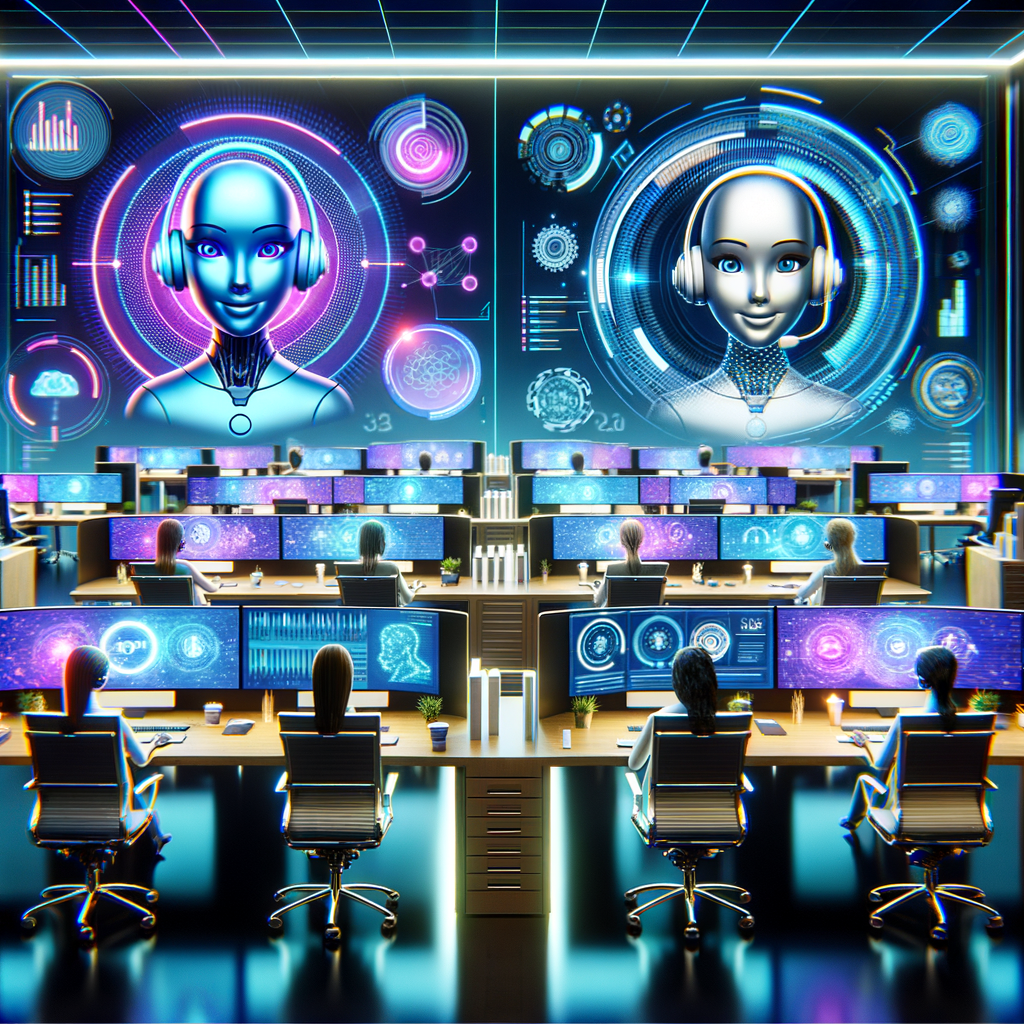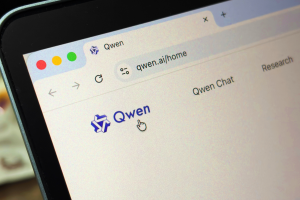Revolutionizing Hospitality: AI Chatbots Unleash the Future of Hotel Services

Artificial intelligence reaches a pivotal milestone in reshaping industries, USA Today’s Tech News has thrown a spotlight on an awe-inspiring development: Google’s AI lab has successfully created an advanced AI system capable of creating its own AI algorithms.
This innovation has sparked widespread conversations and speculative ink flows on what this means for the AI community and industries reliant on its advancements.
No longer a mere development in corporate bell jars, this represents a tectonic shift. The AI designed by Google’s brainy team doesn’t just run pre-written scripts or curated datasets; it is making informed decisions to build algorithms from scratch. This leap from passive algorithms to active creators of algorithms is nothing short of revolutionary—and it showcases the dynamic pace at which AI is continually evolving.
So, what does this spell for the broader AI industry? First and foremost, there’s a massive implication for efficiency and innovation. Traditional AI model creation involves a lot of trial, error, and human intuition. With AI capable of making its own algorithms, the entire process of AI development could witness accelerated timelines, reduced errors, and unprecedented levels of bespoke solutions tailored to specific needs.
For context, think of how integral machine learning algorithms have become to sectors like finance, healthcare, and even entertainment. AI systems analyzing vast datasets to spot financial fraud, diagnose complex diseases at an early stage, or even recommend your next watch on Netflix are all thanks to sophisticated algorithms. Imagine the potential explosion of new applications and improvement in existing ones when the very architecture underlying these systems becomes adaptive and self-evolving. It’s a bit like teaching someone to cook, but then they go on to invent an entirely new cuisine that you had never imagined.
However, as with all quantum leaps, there are pitfalls and prickly questions. Ethical considerations and regulatory frameworks become even more critical. Let’s face it, AI creating AI can sound a bit like science fiction, and indeed, it carries the specter of concerns around unchecked autonomy and the potential for errors to magnify exponentially. We would need robust monitoring and fail-safes to ensure these new breeds of AI don’t spiral out of control.
Then there’s the question of impacts on the workforce. With AI doing more of the heavy lifting, does this mean fewer jobs for data scientists or more nuanced, higher-level opportunities for them? Certainly, those who can work alongside such sophisticated systems, guiding and interpreting their work, stand to benefit. The field might stratify, seeing more roles focusing on strategic oversight rather than hands-on algorithmic tweaking.
Moreover, the democratization of AI capabilities might just gain steam. Smaller firms and startups, previously daunted by the upfront costs and time needed to develop cutting-edge AI models, might now have access to more powerful, off-the-shelf solutions that are continually improving themselves. This could foster a new wave of innovation, not just from tech giants, but from nimble, smaller players who can punch above their weight using advanced AI.
On a somewhat philosophical note, this development nudges us closer to a future where AI could, in theory, exceed our own design capabilities. It’s both thrilling and humbling to consider the potential pathways that autonomous AI development could open. This isn’t just another step on the road; it’s constructing an entirely new road that we’re only beginning to glimpse.
In conclusion, Google’s breakthrough is nothing short of monumental. It underscores the sprawling possibilities and inherent challenges as we edge further into an AI-driven future. For now, the industry holds its breath, peering into the horizon, ready to embrace the swift currents of change.







